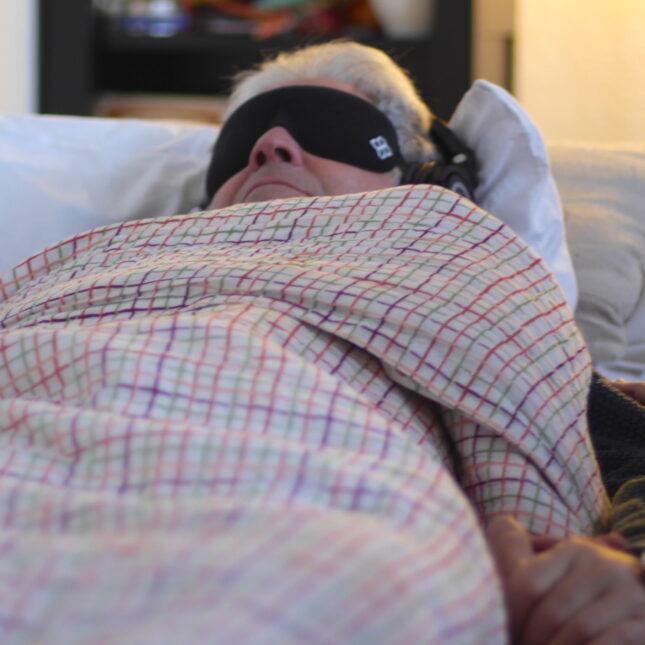In a decision that has sparked controversy within the medical community, the Food and Drug Administration (FDA) has rejected the proposal to use psychedelic MDMA as a treatment for post-traumatic stress disorder (PTSD). This unexpected ruling has left many wondering about the future of alternative therapies for this debilitating condition.
Exploring the FDAs decision to reject MDMA for PTSD treatment
While there has been growing interest in the potential therapeutic benefits of psychedelic drugs for mental health conditions, the FDA has recently rejected the use of MDMA as a treatment for PTSD. This decision has sparked debates among researchers, clinicians, and patients who believe in the efficacy of MDMA-assisted therapy.
Although some studies have shown promising results in using MDMA to help individuals with PTSD, the FDA has raised concerns about potential risks and long-term effects of the drug. It remains to be seen how this decision will impact future research and the development of alternative treatments for PTSD.
Key reasons behind the FDAs decision on psychedelic MDMA therapy
Although many advocates were hopeful that the FDA would approve psychedelic MDMA therapy for the treatment of PTSD, the decision to reject it was primarily based on the following key reasons:
- Concerns about the potential for misuse and abuse of MDMA, especially outside of a controlled therapeutic setting.
- The lack of long-term data on the safety and efficacy of using MDMA as a treatment for PTSD, leading to uncertainty about its overall impact on patients.
While the FDA acknowledges the promising results of clinical trials involving MDMA therapy, these factors played a significant role in their decision to withhold approval at this time. Despite the setback, researchers and advocates continue to explore alternative pathways to eventually make psychedelic MDMA therapy a viable option for those suffering from PTSD.
Unpacking the potential future of psychedelic-assisted therapies for PTSD
Despite the growing interest in psychedelic-assisted therapies for PTSD, the FDA has recently rejected the use of psychedelic MDMA as a treatment for the disorder. This decision comes as a setback for many researchers and advocates who believe in the potential of these therapies to provide relief for those suffering from PTSD.
While this rejection may slow down the progress of using psychedelic-assisted therapies for PTSD, it does not necessarily mean the end of the road. There are still ongoing studies and trials exploring the effectiveness of other psychedelics such as psilocybin and ketamine in treating PTSD. Moving forward, it will be important for researchers to continue to push for more rigorous studies and data to support the potential benefits of these therapies for individuals with PTSD.
Challenges and recommendations for future research on MDMA as a treatment for PTSD
Despite the promising results of research on MDMA as a treatment for PTSD, the FDA has recently rejected its approval for medical use. This decision poses significant challenges for future studies on the efficacy of psychedelic MDMA in helping individuals with PTSD. One major obstacle is the stigma surrounding the use of psychedelics in clinical settings, which hinders funding and support for further research.
As researchers navigate these challenges, several recommendations can be made to advance future research on MDMA as a treatment for PTSD. First and foremost, increasing education and awareness about the potential benefits of psychedelic therapy is crucial in changing public perception. Additionally, developing standardized protocols and guidelines for administering MDMA in controlled settings can help ensure the safety and efficacy of treatment. Collaborations between researchers, clinicians, and policymakers are also essential to advocate for the integration of MDMA-assisted therapy into mainstream mental health care.
Concluding Remarks
While the FDA’s decision may be disappointing to many proponents of using psychedelic MDMA as a treatment for PTSD, it’s important to remember that the regulatory process is meant to ensure the safety and efficacy of treatments. The rejection of this particular therapy does not mean the end of the road for alternative treatments for PTSD. The field of mental health research is constantly evolving, and new innovative therapies may yet prove to be effective in helping those suffering from PTSD. As scientists continue to explore new possibilities, there is hope that one day we may find more effective and accessible treatments for this debilitating condition. Until then, it’s important to continue supporting and advocating for research that can improve the lives of those affected by PTSD.
